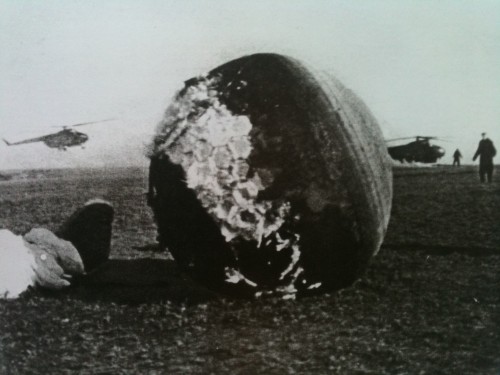wwword
The flash writer is a disciple of the poet. The poet a disciple of the word. How to say much with few. How to have a word echo, bloom, unlock or unhinge, shudder or pop, show or embrace itself as thing, expand or fall into something off the page, become or allow a potential to become, something much larger than itself.
In Damien Dressick’s “Four Hard Facts about Water,” the words are steak sauce. The turn, to get us to the bitterness, the banality/absurdity of death, to the god/godlessness of the event, the thing, the disbelief. Steak sauce.
In “Dulce et Decorum Est” the word is flung. A body flung, and we are in 1914-1918, the human mind/technology meets the human mind/our perpetual desire to kill one another. Enter flame throwers/gas/machine guns/tanks/all of the etc. of technology. Degree of killing. Attrition as strategy. Everything upside down. Flung.
In Raymond Carver’s “Little Things,” the word is flowerpot.
In “Survivors” by Kim Addonizio, the word is parrot.
In Dave Eggers’s “Bounty,” the words are curved chips. Curved chips get us off the page, into the philosophical, curved chips off that last line, off God. Yes.
Jolly Ranchers in “The Last Stop” by Jenny Halper. Sometimes one object can characterize and exposition, can show, can let us inside.
It may be useful to seek the word in all poems, all flash fictions, as an exercise of the writerly mind. And then of course to ask your own self (the editor one)—where are my words, the ones that if omitted, would leave such a hole as to let all the air out, as to have the entire text collapse on itself like a pierced balloon? It is one way of looking, the word.

